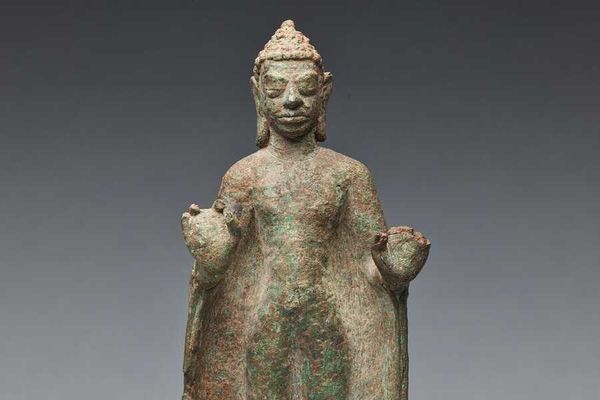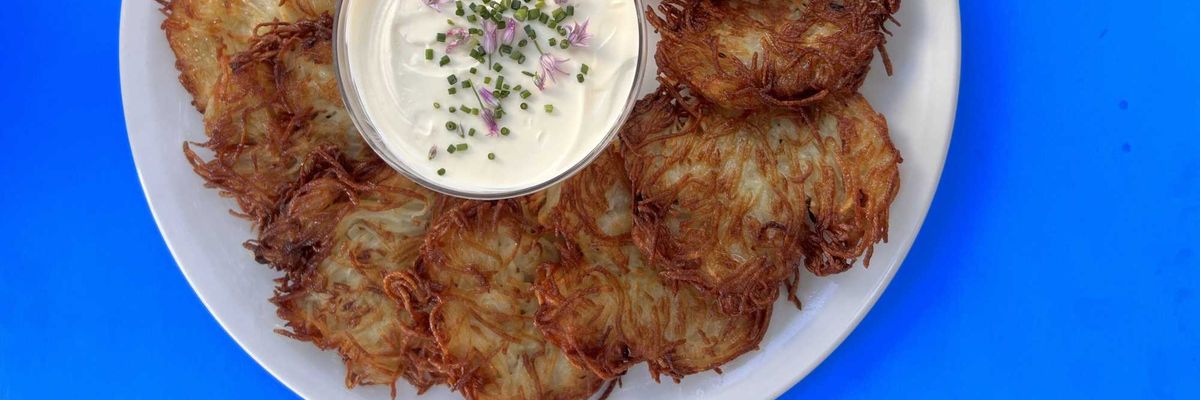Yesterday I blind tasted a wine at RN74 with a couple of top sommeliers. It was light colored, obviously Pinot, probably Burgundy. Bright with perfume and fresh berry fruit flavors, the wine had punchy acidity, a lean body, and a bit of tannin. I guessed 1988 Chambolle--a lean, high acid year that also made lovely perfumed wines. The sommeliers guessed younger--2001 and 1996. We were all wrong, it turned out, but I was the closest. It was indeed Chambolle. Yet my vintage was off by 26 YEARS! The wine was a 1962.
Such are the perils of blind tasting. Prepare to be humbled, as Robert Parker (the world's most influential wine critic) evidently was at a recent event. I saw the story by Reuters' Felix Salmon, who was referring to a report by Dr Vino, who was present at Parker's rough night, as his "top wine of the evening (Le Gay) was the lowest rated in the lineup from his most recent published reviews."
Though Dr. Vino continues to be a bit of a thorn in Parker's side, I have to go easy on the guy. First of all, he agreed (reluctantly) to do it. That takes guts. Unsurprisingly, Parker doesn't much like blind tasting (after all, he's got nothing to gain and lots to lose). Second, it's very easy to be wrong. There's a lot of factors that make tasting wine consistently a variable proposition--climate; temperature; glass shape, size and cleanliness; what you ate that day. All of this is notwithstanding the mental concentration required, something I find fleeting, especially in front of an audience. On the other hand, Parker was made a victim of his own hype, as he has foolishly allowed myths about his monumental tasting accumen (such as that he never, ever forgets a wine) to flourish. Yet it's the propogation of these myths that have led to his success.
Success in blind tasting is a talent akin to remarkable athletic or performance skills. Careers can be made on it. I have no doubt that my friend, RN74 partner/wine-director Rajat Parr's skyrocketing career (see his brand-new Food and Wine profile here) has been fueled in part by his often dazzling feats of blind tasting.
More interesting is the general discussion about the value of blind tasting that the incident sparked. Blind tasting skill is highly rated in the world of certified sommeliers, as sommelier accolytes have to pass blind tasting exams (among other things) to earn their certificates. It's also important in the world of rating wines. If you knew the name of the wine you were scoring, you might be predisposed to elevate its ranking if it was, say, something you knew was rare, expensive, or made by a friend.
On the other hand, we have learned that certain kinds of wines do better in blind tastings--particularly fruit-forward, slightly sweet, smooth, rounded, accessible wines that are ready to drink now. Thanks largely to influential critics' blind-tasting preferences, this style of wines has become dominant in the world market. (Harder, closed, higher acid wines built for the long haul--an entirely different style--don't often taste good in comparison. Hence, they get lower scores and winemakers stop making them.) Yet take these "likeable" wines out of a blind lineup and put them with food (which is the way we all drink wine in real life) or in the cellar for 5 years and these wines might not fare so well. In that sense, what is the value of blind tasting, if it doesn't relate to our real world needs?
That is a nagging question and one that we all have trouble dealing with. My solution is to not rate wines, but consider them all individually and not blind, but in the clear light of day. I'd rather know a wine on its own terms and strive to judge it objectively than have objectivity forced upon me and yet have the wine's all-important terms (provenance, story) kept obscure. How about you?




















